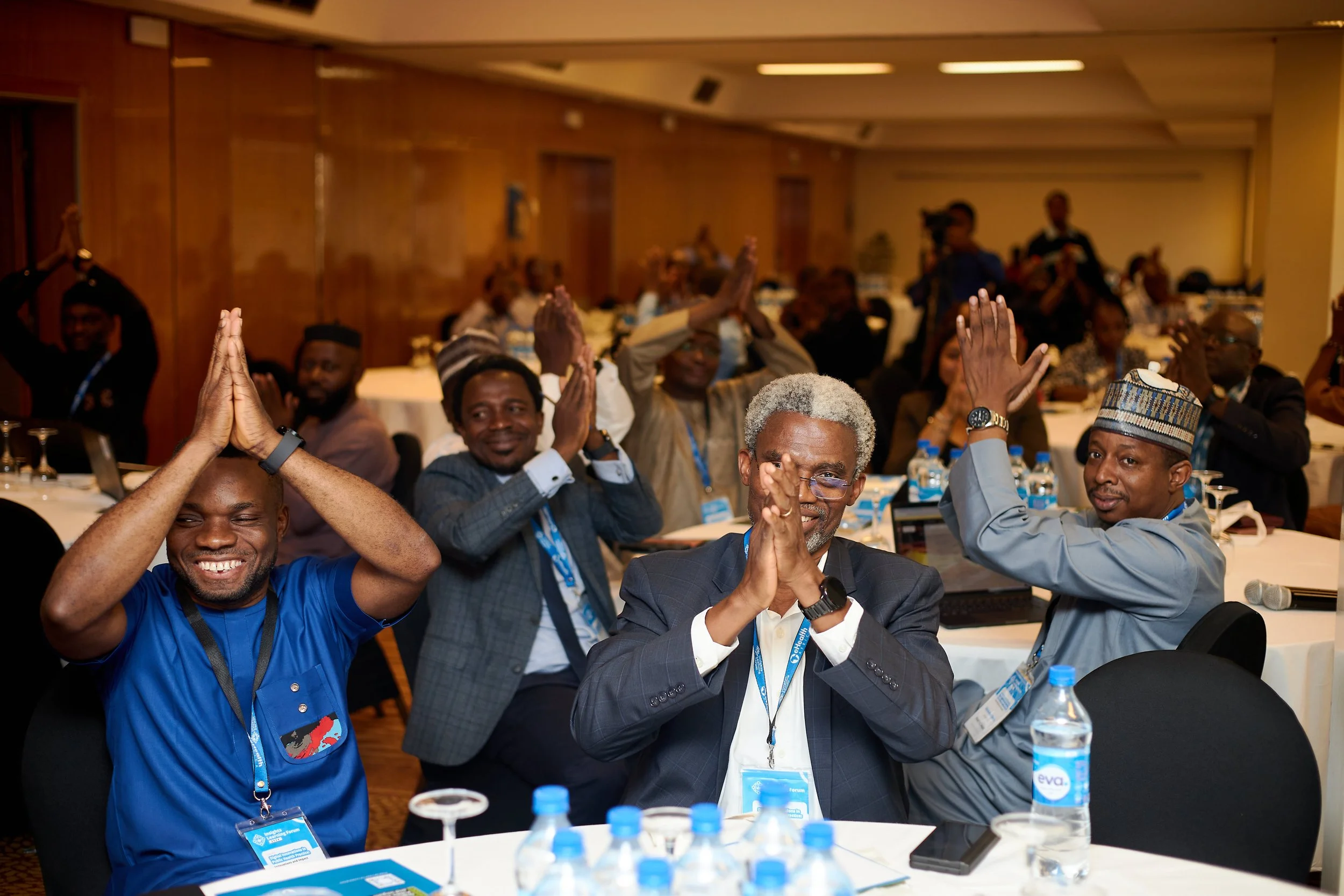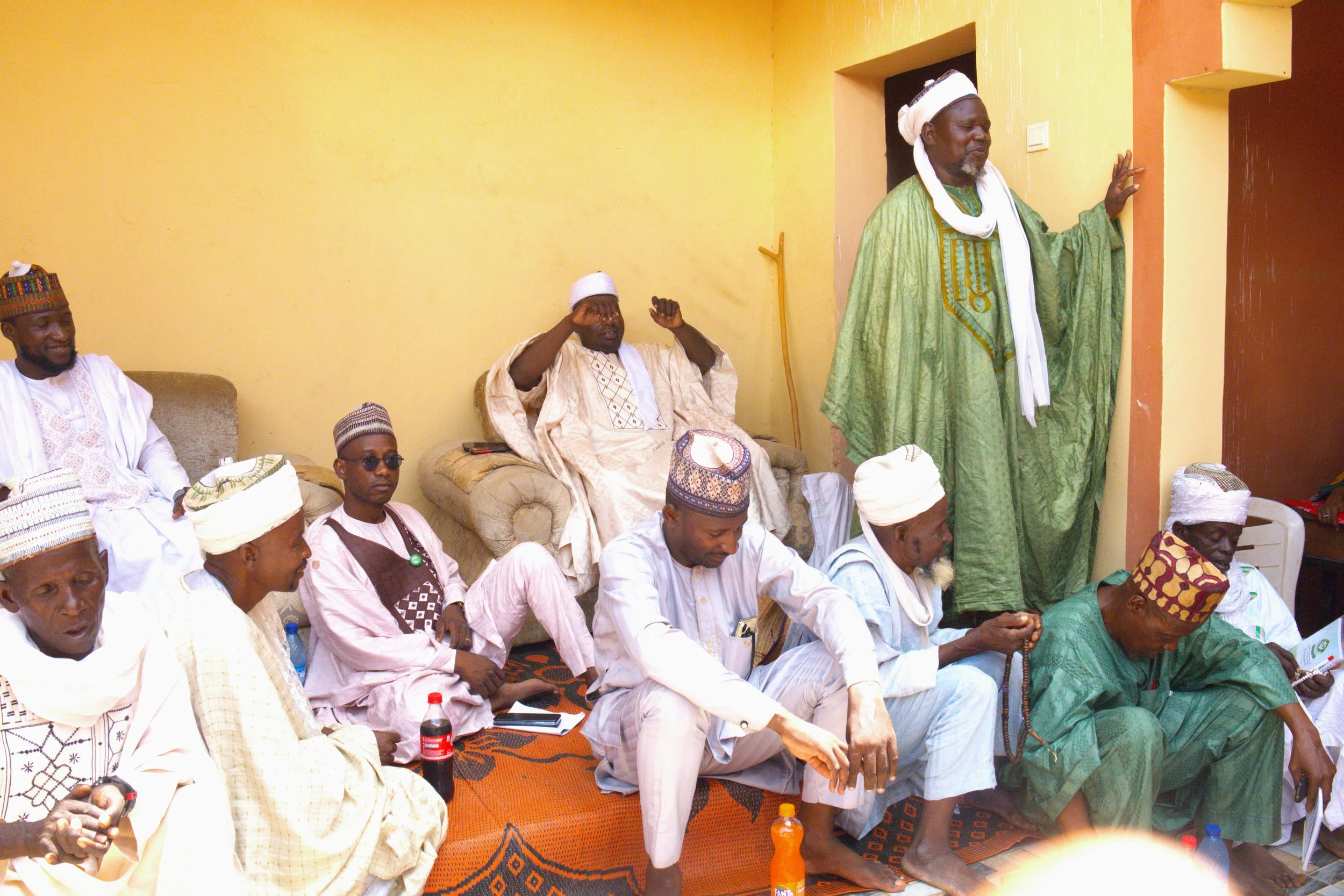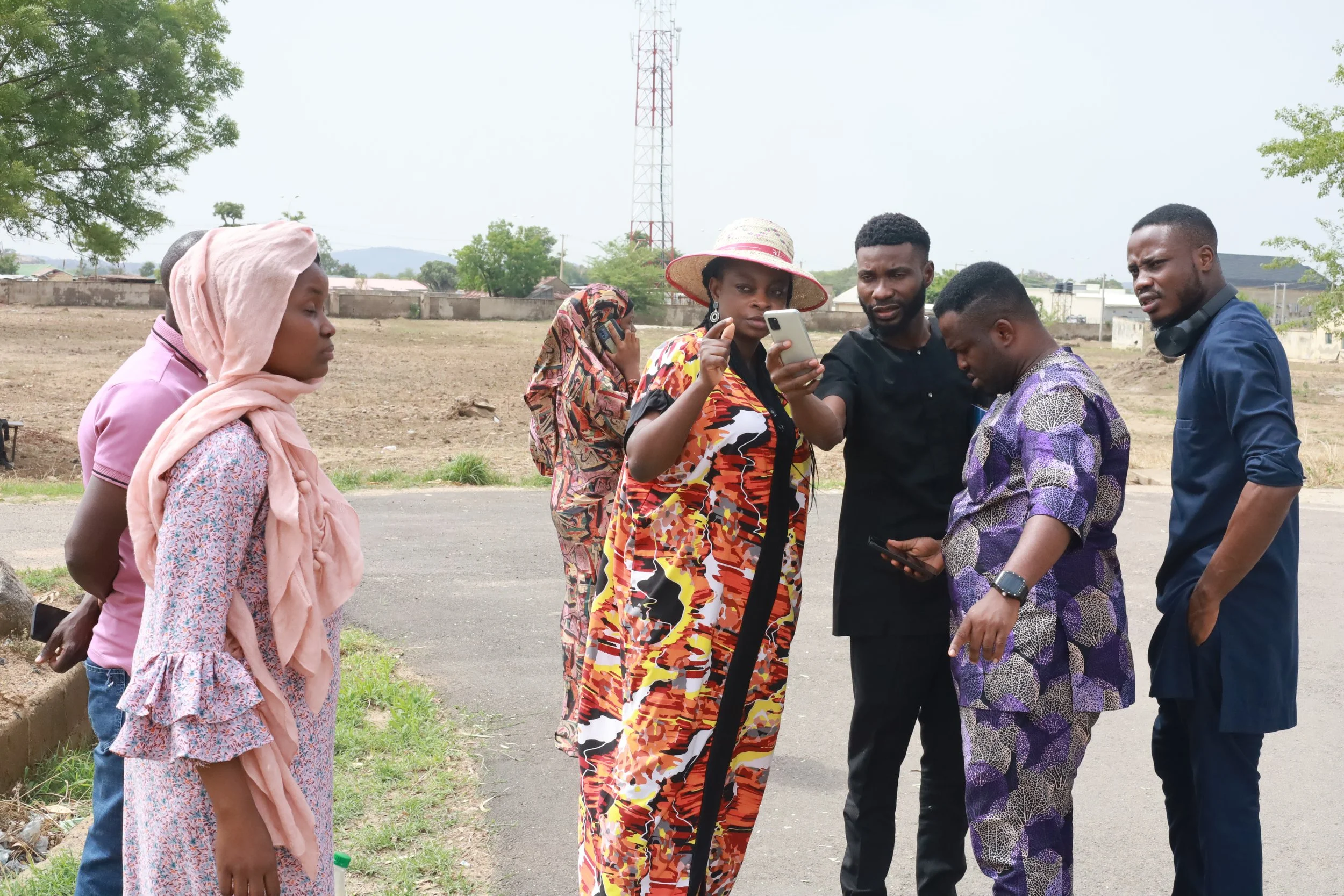In early April, eHealth Africa was invited to the White House to attend a conference titled “Innovation on the Edge: Accelerating Solutions in the Fight Against Ebola.” USAID and The White House Office of Science and Technology Policy sponsored the event, with a goal of discussing innovations in data, technology, and science. One of the topics the conference reflected on was the progress, challenges, and opportunities we face in the fight against Ebola.
As a major contributor to the Ebola response in West Africa, eHealth Africa was honored to not only participate in the conference, but to receive multiple mentions highlighting our work in the space by various conference presenters.
Professor Hans Rosling led an engaging conversation explaining how we were drawn into the Ebola response by the lack of “good data” that was being reported in the news. But when Professor Rosling actually arrived in Liberia and began to better understand the scope of the problem, he realized that there were many issues that led to such poor data reporting, including limited means of communication.
Professor Rosling suggests that his most effective contribution to the Ebola response while in Liberia was to ensure that health workers had access to free phone credit so they could communicate. He complimented eHealth Africa for improving communication by saying that we “made a fantastic contribution…fixed internet in 48 hours [at the Ministry of Health]”.
Eric King from the USAID Global Development Lab also spoke about the work that eHealth Africa is doing in the region. “eHealth Africa is a tremendous organization. They are doing high-tech things. They are building contact tracing apps, they are doing biometric registration for vaccine trials, and they also are maintaining the hotlines – the 911s for Ebola support.”
King acknowledged that high-tech solutions are not all that is needed in order to run an effective emergency response. He commended eHealth Africa for contributing to the every day logistics of running an emergency response — logistics that help avoid small issues that easily grow into large problems.
“eHealth Africa was not only building these amazing [tech] tools,” stated King, “they were also making sure ambulances had fuel. [They] were in the field working hand-in-hand with the response organizations.”
Following the morning presentations, eHealth Africa representatives participated in working sessions to discuss some of the barriers eHA had to overcome for implementation and, what else still needs to be done in order to “Get to Zero” Ebola cases in the region.
While we are highly engaged in creating the cutting edge tech solutions that epidemic response efforts desperately need, beating Ebola goes beyond technology creation and usage. It’s about networking, connecting people, and helping empower local governments and health workers to take the fight to its maximum potential.
Eric King referred to this idea, and we couldn’t agree more. “What eHealth Africa did that was different from all the others,” said King, “is they committed to being on the ground, working as hard as they could with the Ministry of Health, with the response coordination teams, to make sure that they were instituting these technologies in the field.”





